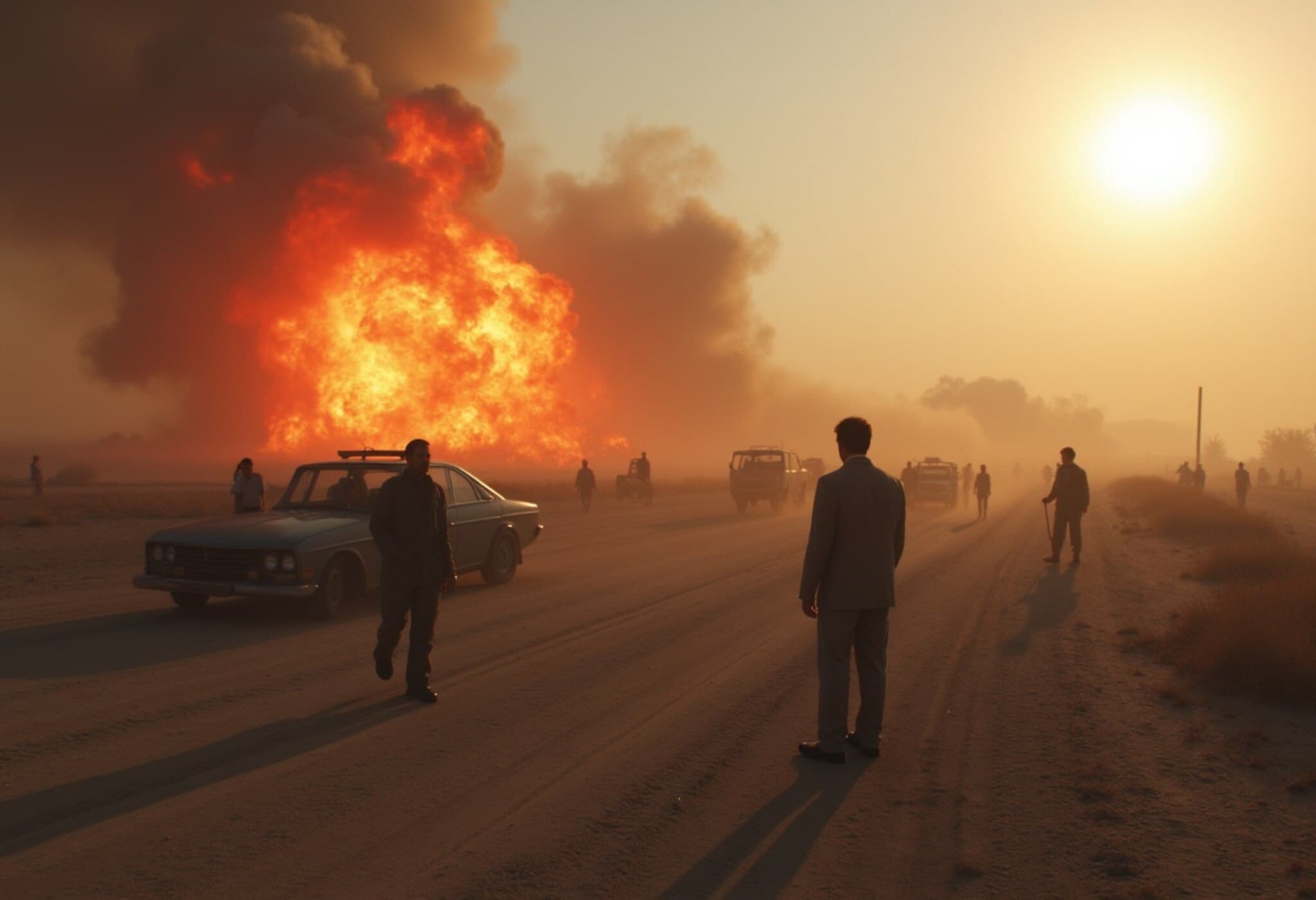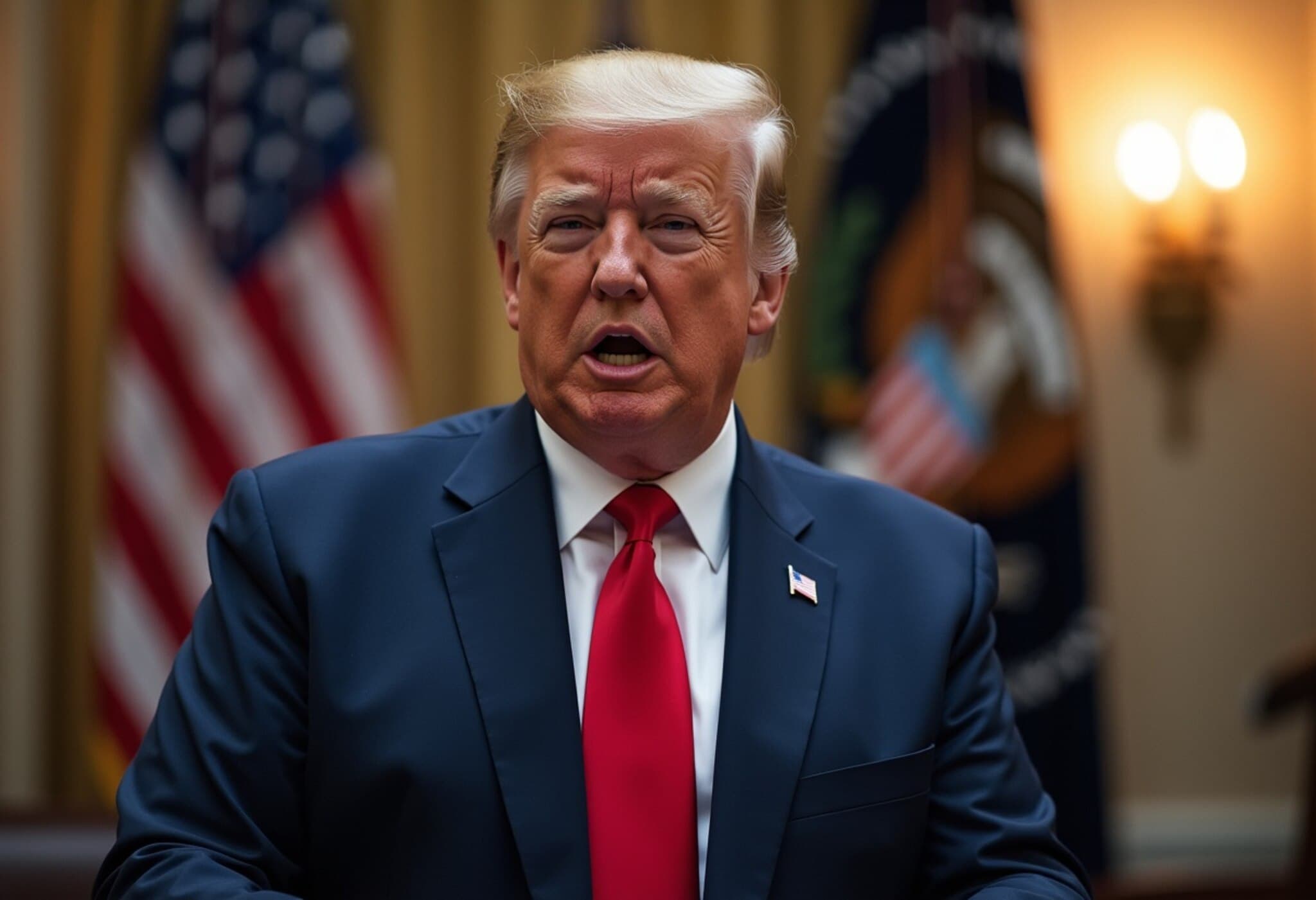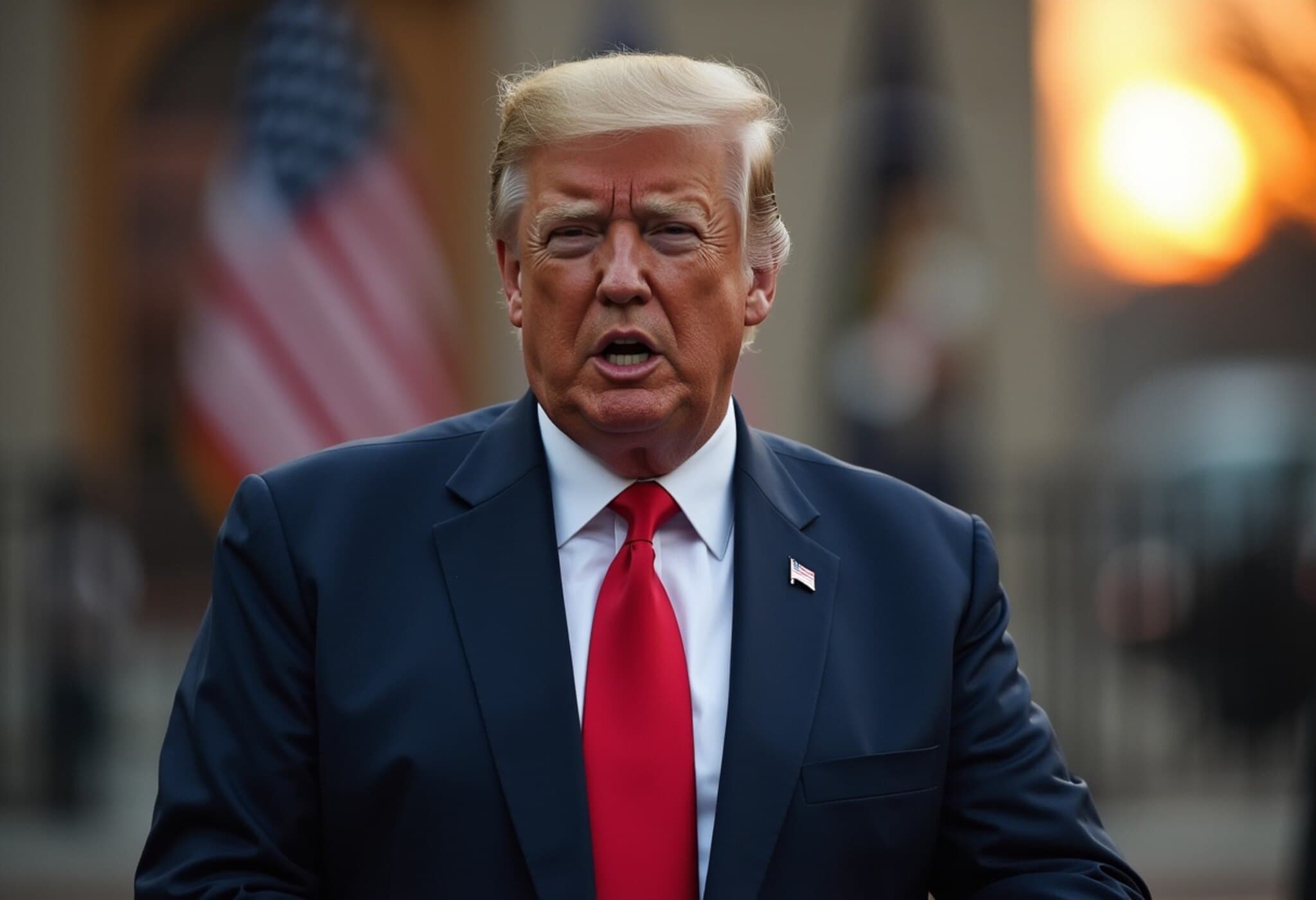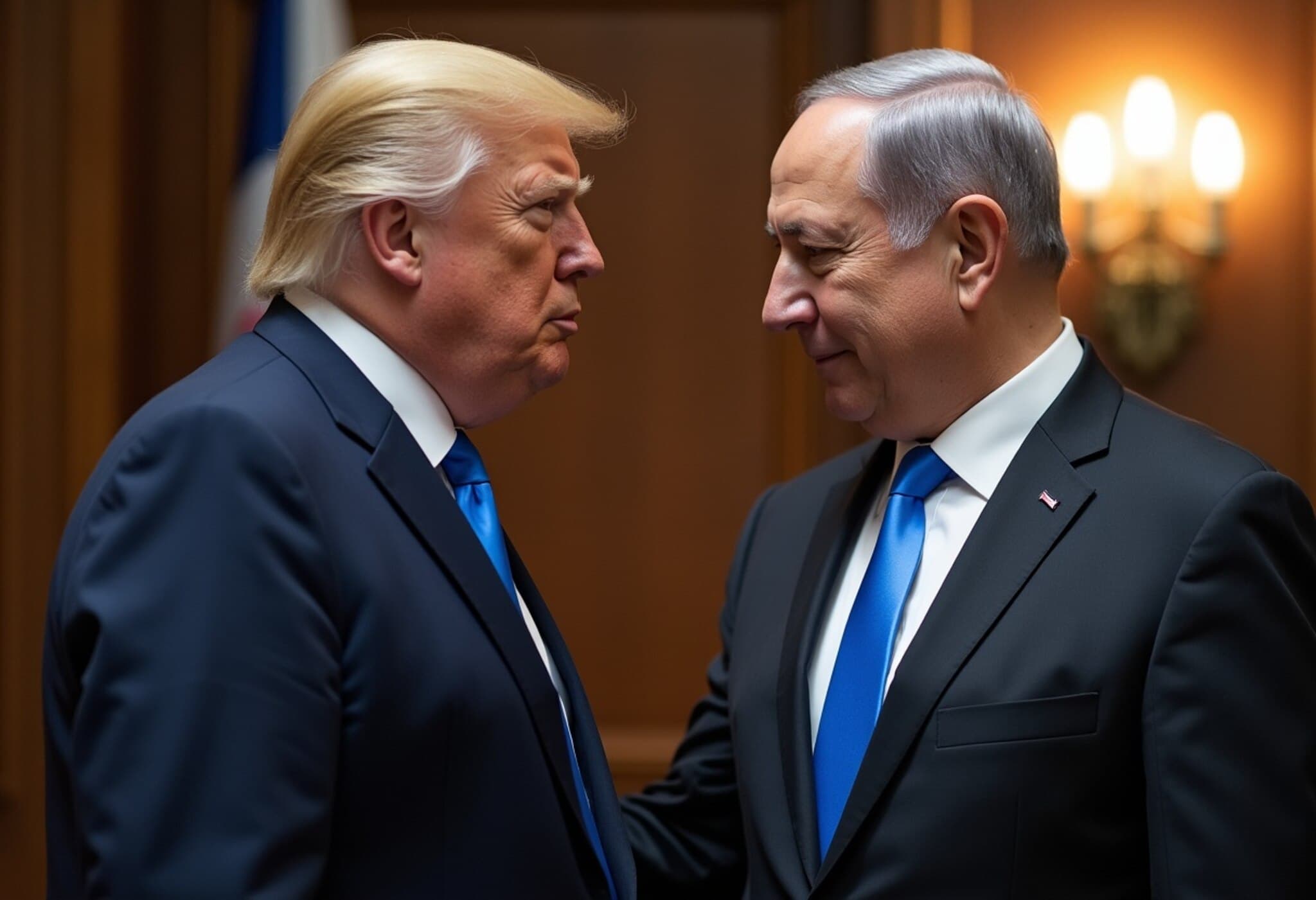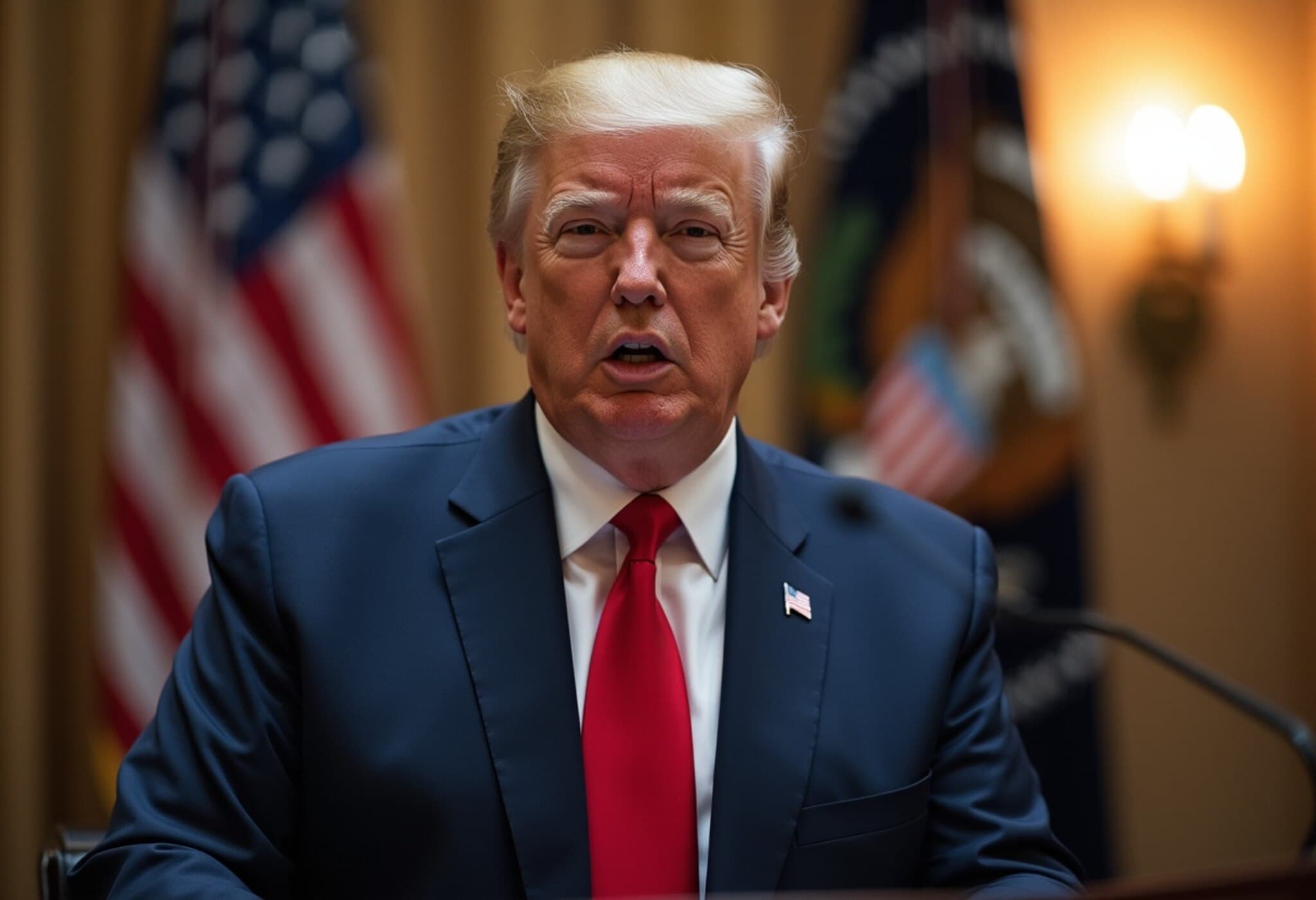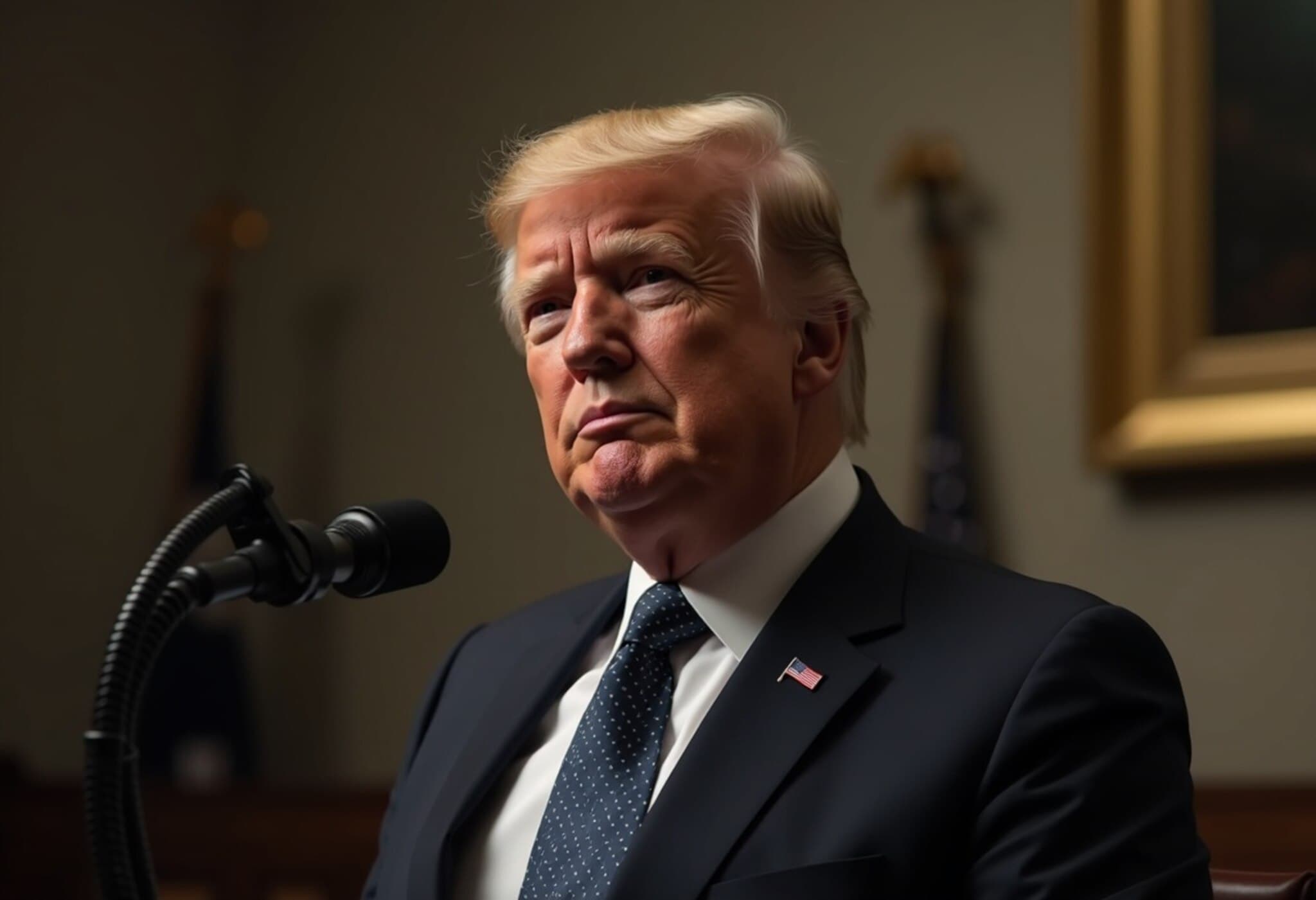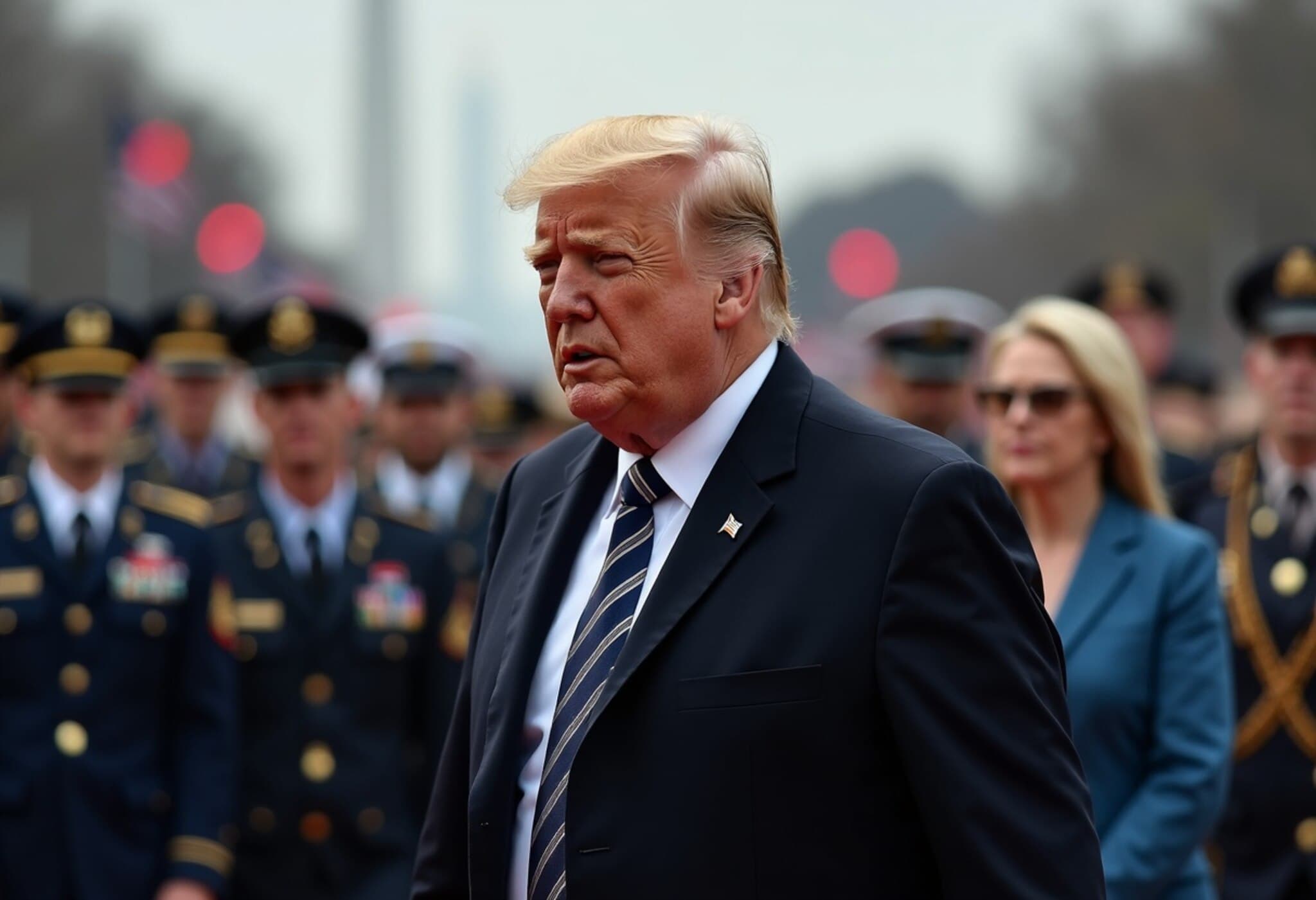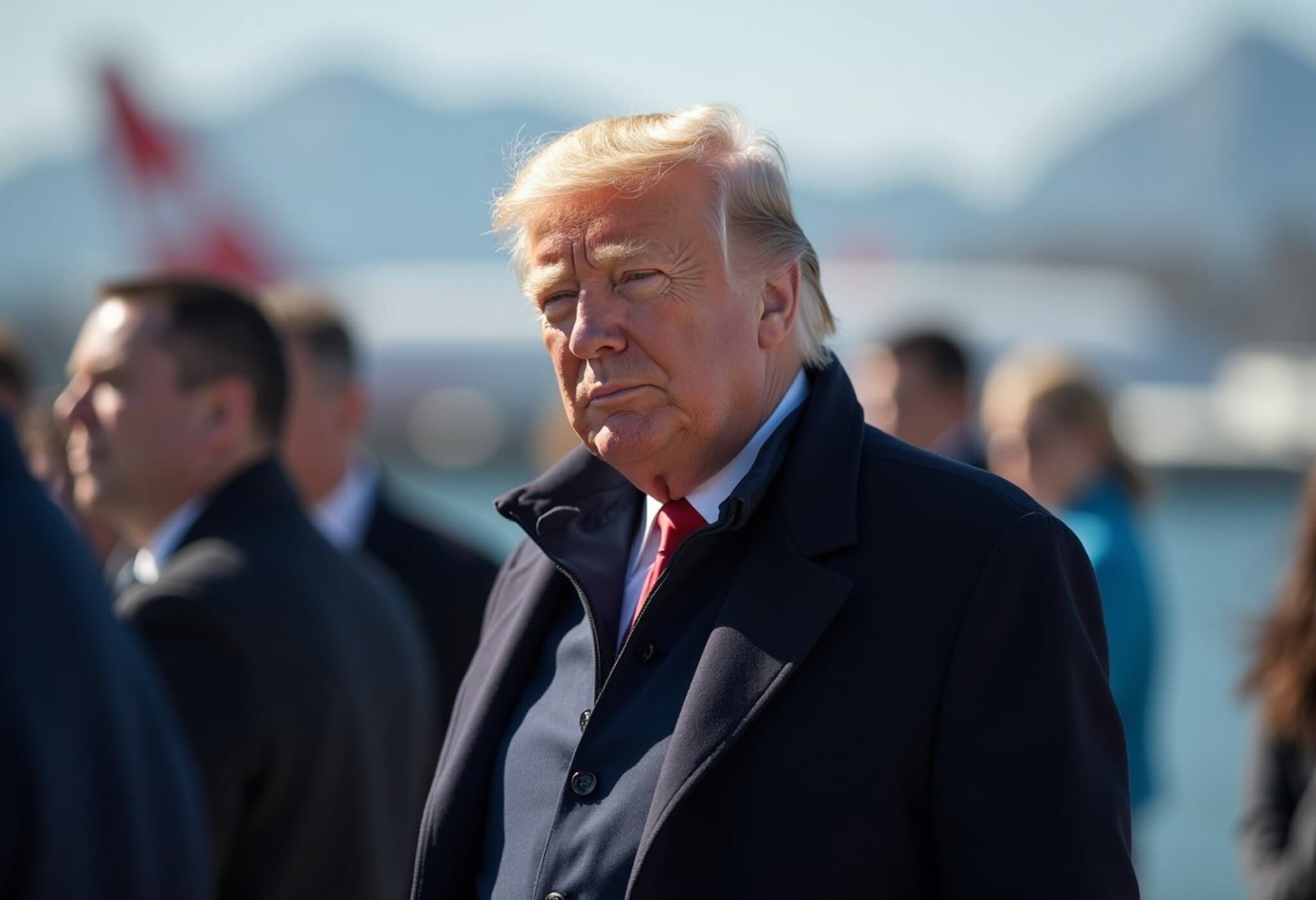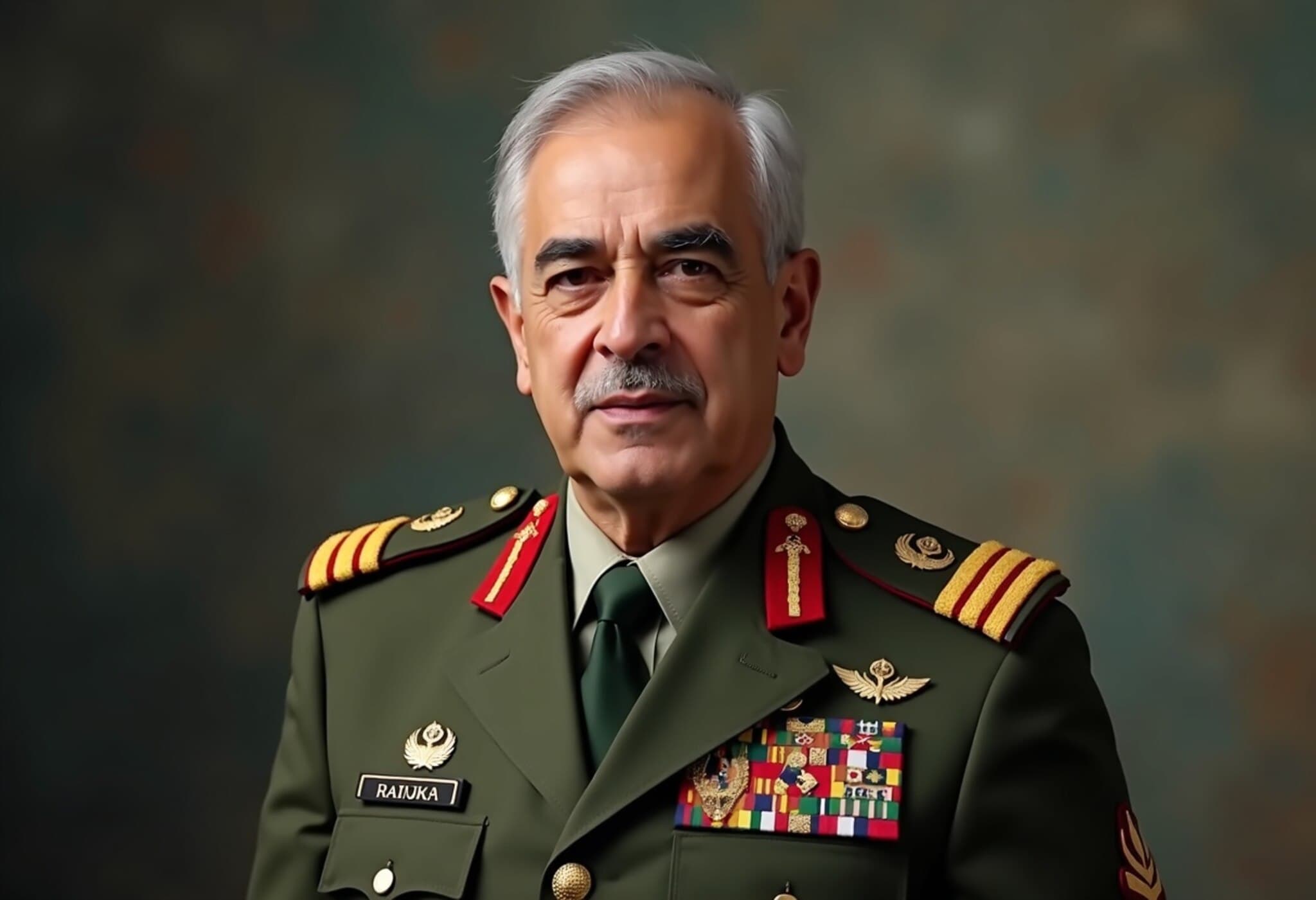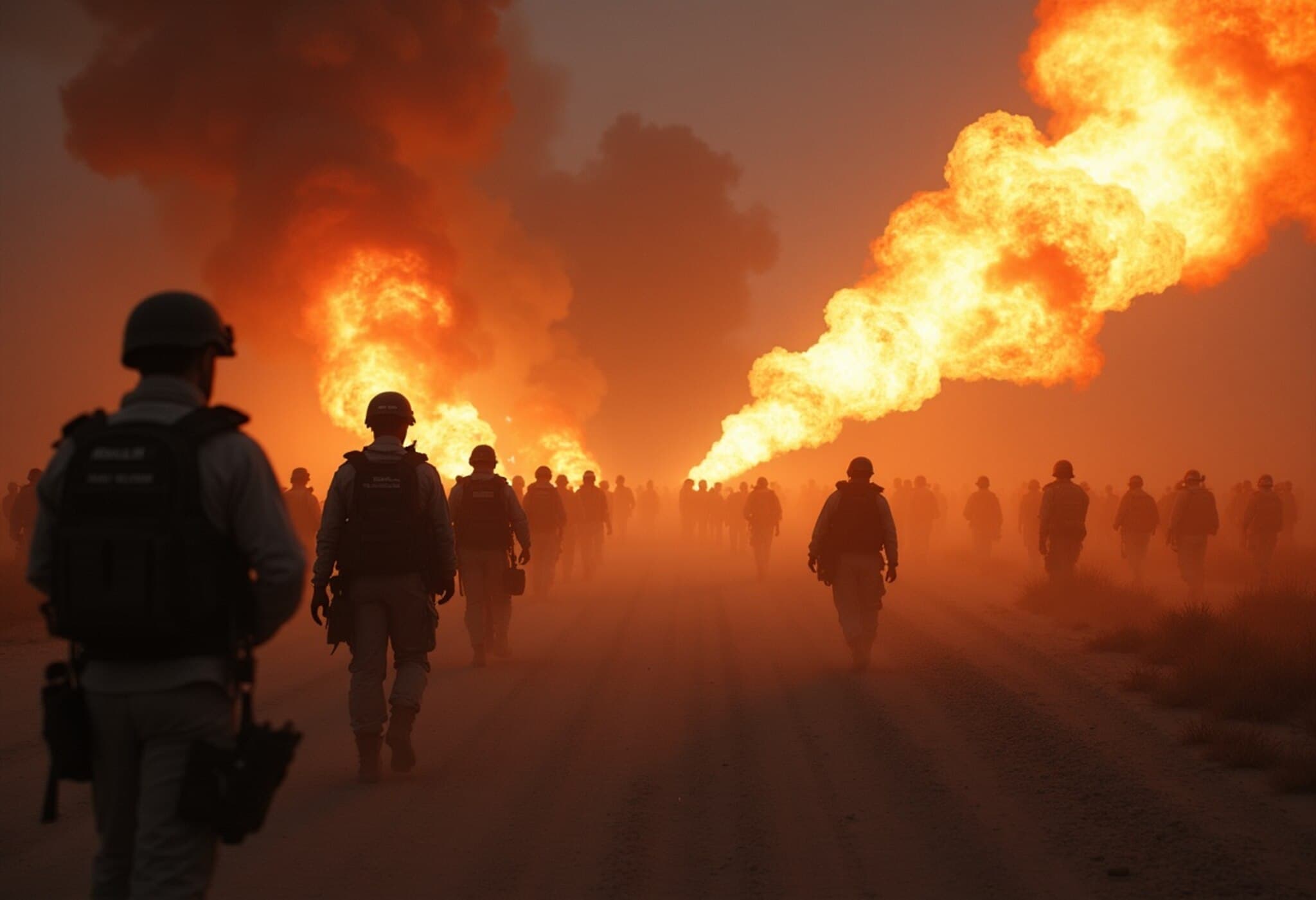Deja Vu Diplomacy: Trump’s Iran Plans Mirror Past Mistakes
As 2025 unfolds, echoes of a turbulent past reverberate through America’s foreign policy approach. The current administration’s contemplation of a single, decisive strike on Fordo—a heavily fortified Iranian nuclear facility—strikes a familiar chord reminiscent of early 2000s Iraq war rhetoric. The stark parallels raise pressing questions about strategy, intelligence, and potential consequences.
The Illusion of a Quick Fix
Back in 2003, the Iraq invasion was confidently portrayed as a swift and straightforward mission. Promises of liberation and swift democratic transformation painted an optimistic picture. Instead, the nation was plunged into chaos, with prolonged conflict, massive casualties, and the emergence of extremist factions.
Now, supporters of striking Iran argue a similar quick, surgical strike could halt the nuclear threat at Fordo. Figures like John Bolton advocate for an uncompromising approach, famously urging, “Bomb Fordo and be done with it.” Meanwhile, intelligence assessments offer mixed messages. Tulsi Gabbard, the National Intelligence Director, has publicly stated that Iran is not actively developing a nuclear weapon—a claim dismissed outright by President Trump, highlighting a troubling disregard for nuanced intelligence.
Intelligence Under Siege: Then and Now
In 2003, the narrative was driven by a high-profile intelligence presentation, albeit based on flawed data. Challenge to this consensus was often stifled. Today, the situation reveals cracks too, but in a more public way. Gabbard’s frank contradictions of the President’s stance reflect internal discord. The response from the top remains unwavering, favoring instincts over cautious evaluation.
The Return of the Neoconservatives
Long associated with the Iraq conflict, neoconservative voices like Kristol and Bolton have resurfaced, championing aggressive action against Iran. Their rhetoric underscores a persistent belief in military solutions, even when history suggests caution. The temptation to retrace old paths looms large despite the lessons of past failures.
What Comes After the Bombing?
One critical question remains largely unanswered: what is the endgame? Military leaders express concern over the lack of a clear exit strategy or comprehensive plan following an attack on Fordo. Potential retaliation by Iran could ignite broader conflict across the Middle East, involving proxy groups and regional allies. Unlike Iraq’s fractured forces, Iran commands a robust, unified military presence and extensive networks.
An Unsteady War Cabinet Amid Rising Tensions
Unlike the relatively unified front during the Bush era, the current administration’s national security team appears fragmented. Public disagreements, intelligence leaks, and uncertainty surrounding the President’s decisions create a volatile mix, especially when nuclear stakes are so high. This discord exacerbates unease about the path forward.
From Regional Flashpoints to Global Ramifications
While proponents highlight the need to protect allies such as Israel—especially following recent Iranian missile strikes—the risk of wider escalation is tangible. Iran's allied militias could strike U.S. positions, while hostile groups in Lebanon, Yemen, and beyond may open additional fronts. The complexities of modern Middle Eastern geopolitics suggest any military action could quickly spiral beyond control.
Lessons Ignored: The Specter of Iraq Looms Large
Though no triumphant “Mission Accomplished” banner has appeared, the atmosphere mirrors that fateful chapter of American history. Eagerness to assert strength against perceived threats, political pressure, and dismissive attitudes towards inconvenient intelligence create a dangerous recipe. A hasty strike on Fordo might not only exacerbate instability but also stain the current administration’s legacy much like its predecessors.
As uncertainty prevails, the cautionary words of experts serve as a stark reminder: history often repeats itself, especially when lessons remain unlearned.

